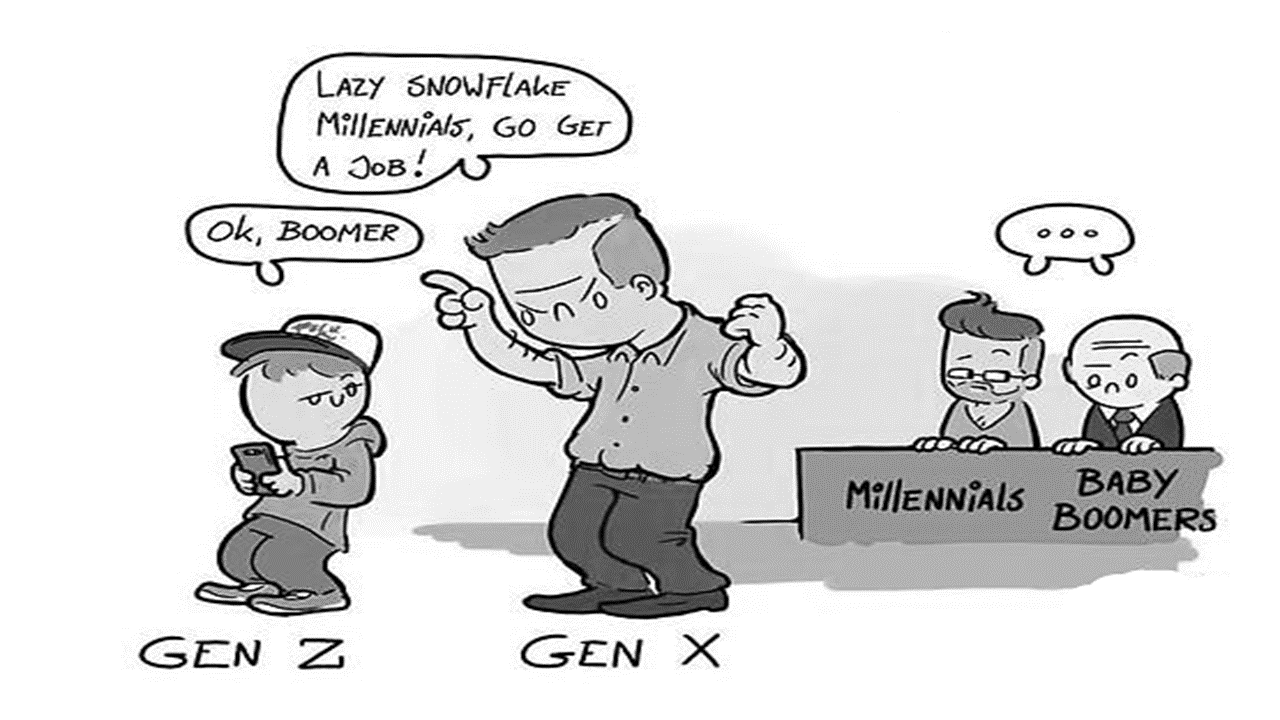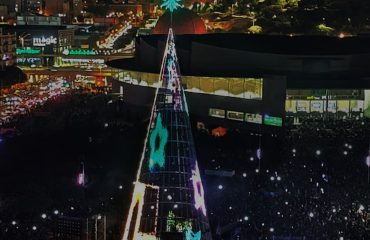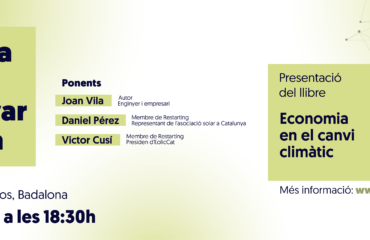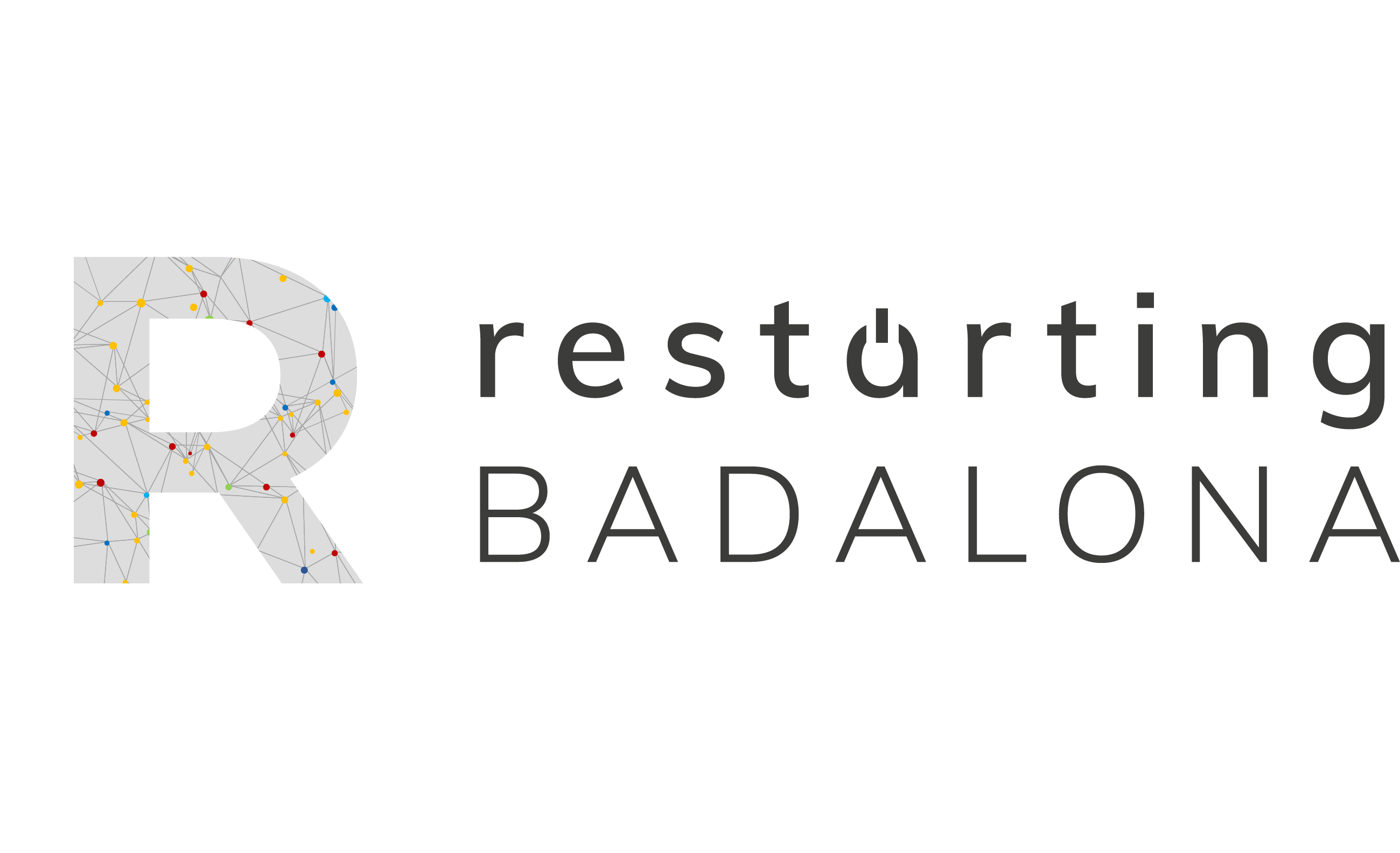
They close the bank office in my neighborhood. The neighbors protested the other day. I’m afraid your protest will come to nothing. The democratic complaint no longer moves within those parameters. A viral tweet or a TikTok has more possibilities than four posters hanging on the walls of the neighborhood and a “physical” and civic demonstration. They are the signs of the times. Decisions are made further and further away, and less by the civic pressure of the people. The protests, if they are digital, the better. And the face-to-face and peaceful ones, too often or almost always, do not work. People are likely to ask for things where it is not decided what they are concerned about. What happens is that we are very lost in this new world, global to convolute responsibilities and very local when it comes to sharing its consequences. And perhaps that, which happens, is not so innocent.
The facts do not agree with those of us who think that societies are built with great consensus, and that the voice of the people must find the warmth of the rulers to temper and interpret it. And that the rulers must be able to impose common sense and co-responsibility obligations on the large global corporations.
The disappearance of the office is added to the slow and inexorable “transformation” of the banking business towards something that will have nothing to do with that attention to the average families of the country or with the care and attention that they had of the names and surnames of families in the neighborhood. . The money in a checking account is no longer interesting. Money has no value and banks are looking for new ways to do their business. I understand, but I miss that model of social construction: savings, studies, work, progress.
I like to remember when my parents opened my savings book, the first, at Banca Catalana, with 25 pesetas. The value of saving and the self-responsibility to make that notebook grow were more educational than according to what curricula are given in schools today. She still made my daughters keep all the coins that ran through their jackets and pants pockets to make piles and, one day, take them to the bank and deposit them in their accounts. Now I wouldn’t. If I did, it would upset the poor working bankers, who are no longer looking at me or promoting the value of saving among children, but whether I am someone who can change my car, phone, insurance or, maybe , if I want to set an alarm at home. Don’t be a case.
I miss that model of social construction: savings, studies, work, progress
I tell things that can only be understood, I suppose, by those who are already over 50 years old or close to it. I am not one of those who grew up reflected in a reality of loans at low prices, bubble growth, which favored administrations that competed with each other to see who did more, who promised more, and for free. I’m also not from the baby boomer generation, nor from the war. I am one of those who remember that the parents began to work as apprentices, a night student. Or of those who experienced factory closures in the 1980s and the impact this had on families. Of those of us who bathed once – or twice – a week, we shared the clothes between the brothers and we had a party on Sunday if there was a roasted chicken on the table.
The depersonalization of Western society is one of the diseases that we do not know how to cure. When you can’t find the physical owner at the head of the companies, you can intuit that if you have a problem you will end up calling a phone and talking to a machine. A machine for when you want to complain, but a bore who calls at all hours when he wants to sell you something.
If people are not listened to, if there is no social lift for the majority, if people see the future with fear or resignation, if they do not feel heard in their concern and if this crisis that began in 2007 is consolidated and becomes structural , we will have more people doomed to choose “solutions” that come from what calls the most. They call it “populism”. A malformation of democracy aimed at replacing parliamentarism with a more authoritarian style of governing, less committed to the separation of powers and more inclined to restrict people’s freedom.
How far are the social protests that obtained a response. In 2025 it will be 40 years since the Pomar neighborhood of Badalona hijacked a bus that the City Council wanted to eliminate. A month ago the neighborhood bank closed and absolutely nothing happened. They have left an ATM, and thank you. It is an example that is added to many other micro-examples that are stacking up and filling the craw of social discontent. Those who believe in democracy would do well to facilitate and not further weaken neighborhood movements or social agents (employers included) by not empowering them and making them pass the time with absurd meetings. Social movements would do well to understand that representativeness is not given to you by a few neighbors. We would do well – all together – to reflect in depth on the society we need. There is no need to go back to the past, but you have to see the foundations of what made us progress: dialogue, drive, responsibility and mutual trust. And become manufacturers again, but we’ll talk about that another day.
Ferran Falcó, president of the Restarting Badalona association



